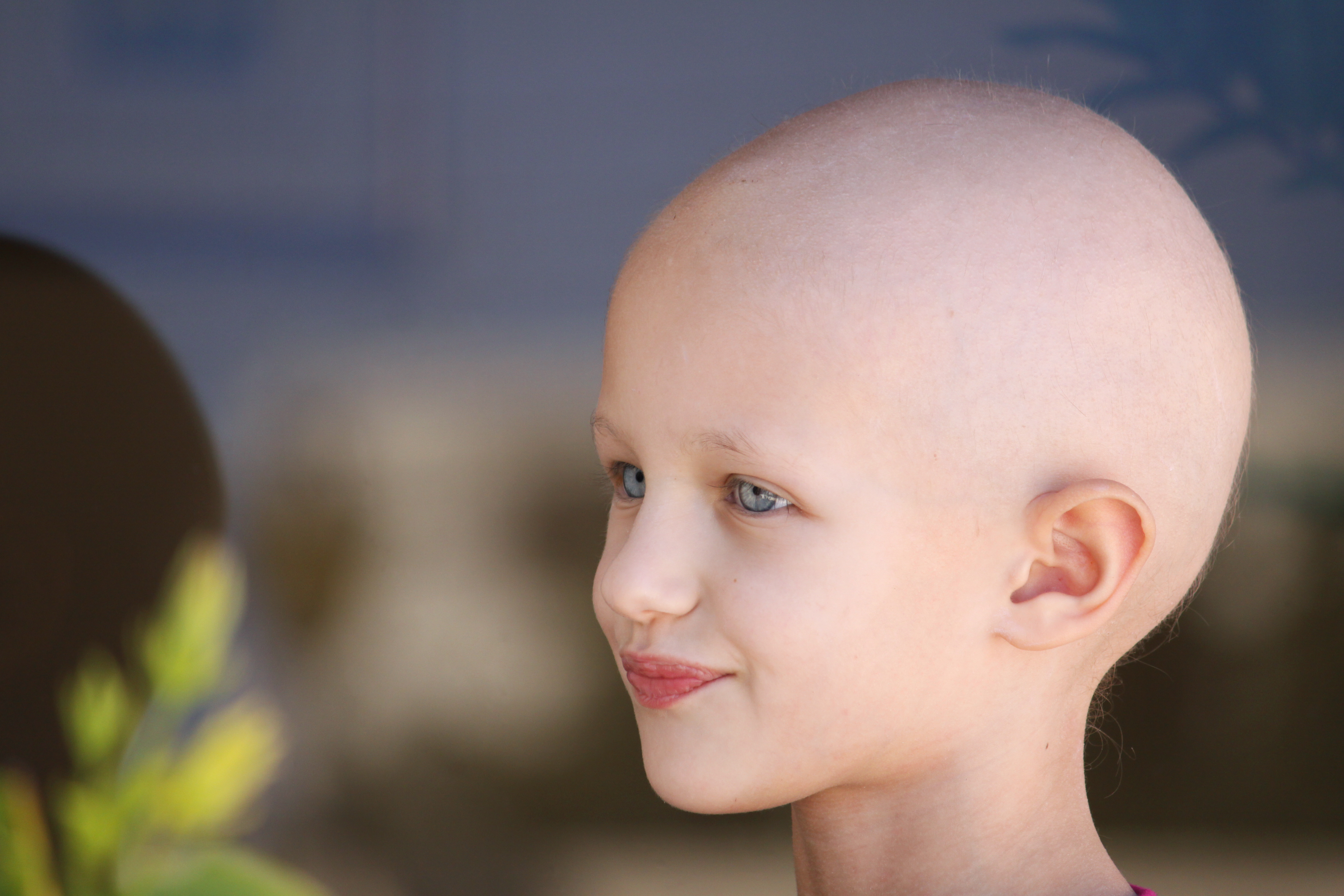Children Treated for Cancer at Higher Risk of Pulmonary Fibrosis as Adults
Written by |

Childhood cancer survivors are at an increased risk of developing lung fibrosis for up to 25 years after their initial cancer diagnosis, analyses of data from the Childhood Cancer Survivor Study show.
The report, “Risk and impact of pulmonary complications in survivors of childhood cancer: A report from the Childhood Cancer Survivor Study,” published in the journal Cancer, underscored the importance of designing treatments to reduce the risk of lung fibrosis and other lung-related complications when these survivors are adults.
While advances in cancer diagnosis and treatment allow more than 80% of children to survive this illness, the long-term health effects of treatment can limit their overall lifespan.
About 420,000 children who conquered cancer are estimated to live in the U.S. today, and treatments such as chemotherapy and radiotherapy are particularly harsh on the lungs.
“While often asymptomatic, damage to the lungs may limit activities of daily living with potential impact on the overall quality of life,” Andrew Dietz, MD, with the Center for Childhood Cancer and Blood Diseases at Children’s Hospital Los Angeles and the study’s first author, said in a news release.
Dietz, together with senior author Daniel Mulrooney, MD, at St. Jude Children’s Research Hospital in Tennessee, gathered data from 20,690 five-year cancer survivors. Of this group, 14,316 completed a survey administered at the study’s start and another one or two surveys given years apart.
Researchers compared the rates of lung fibrosis and other lung complications, such as chronic cough, oxygen need, and recurrent pneumonia, in these cancer survivors with those reported by a control group, made up of 4,027 healthy siblings.
The retrospective study showed that the risk of developing lung fibrosis was about 3.5 times higher in survivors by age 45 than in their siblings, and similar patterns were seen for the other lung conditions studied. Survivors were also more likely to report that the effects of lung fibrosis and other conditions limited their daily activities.
“This study adds to our understanding of specific, long-term risks to pulmonary health for survivors of childhood cancer, and will help refine guidelines for appropriate screening, health surveillance, and counseling,” said Mulrooney.



